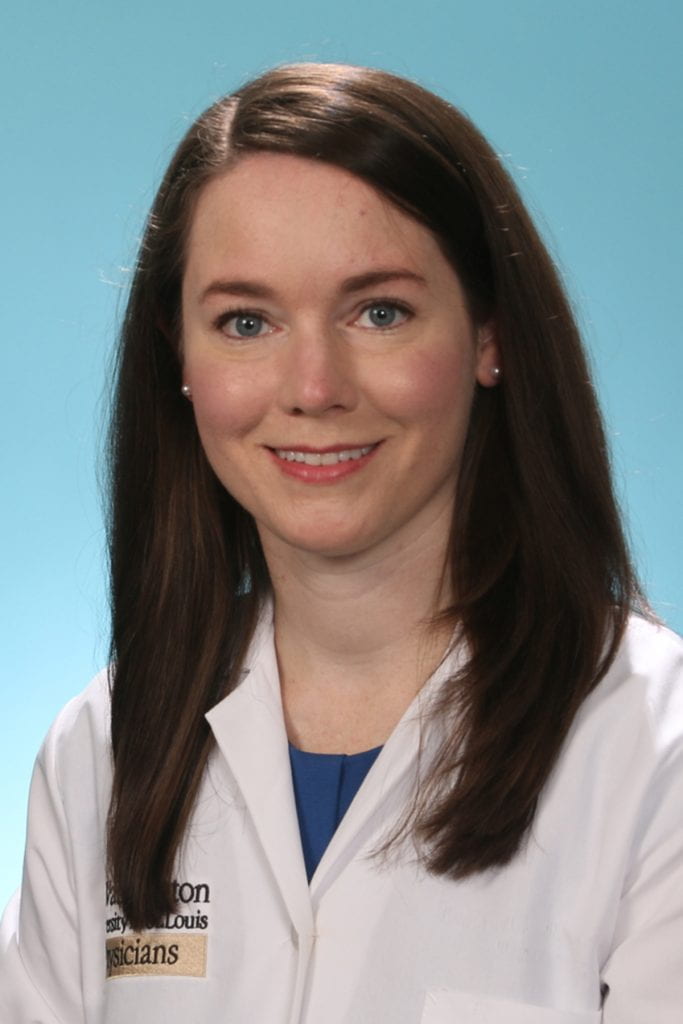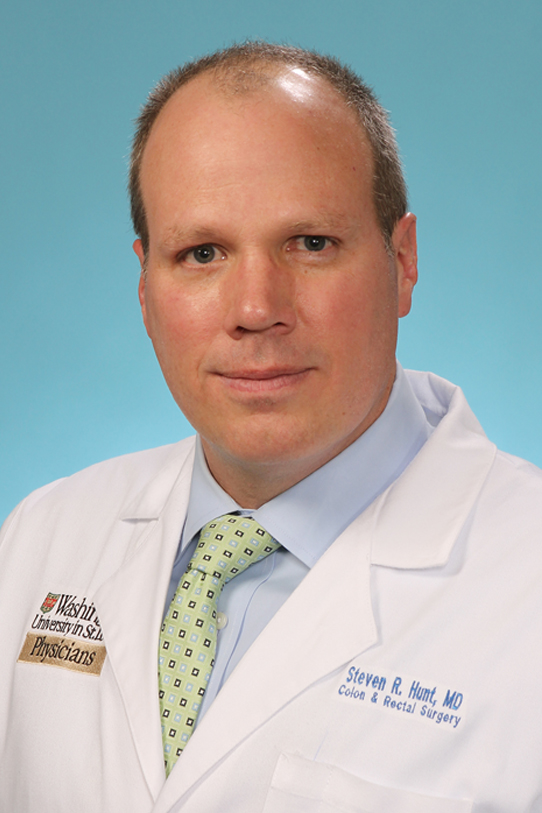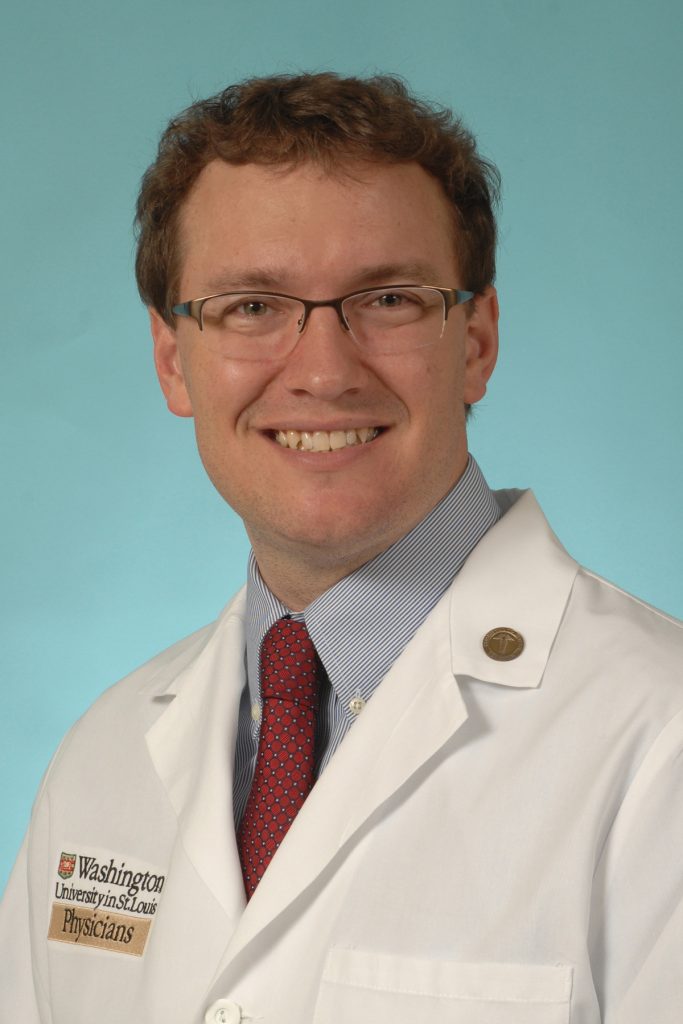Washington University Colon and Rectal surgeons answer patient questions regarding inflammatory bowel disease.

Inflammatory bowel disease is a broad term that includes both Crohn’s disease and ulcerative colitis (UC). In general, patients with inflammatory bowel disease develop inflammation of certain portions of the intestinal tract. Depending on the type of inflammatory bowel disease, this inflammation may involve the small intestine, the colon (large intestine), rectum or anus.
The cause of inflammatory bowel disease is uncertain. Most patients develop inflammatory bowel disease during the course of their life, suggesting that a combination of genetic and environmental factors contribute to developing it. Certain ethnicities are more prone to developing inflammatory bowel diseases, and the conditions are more common in industrialized nations such as the United States.
Patients with inflammatory bowel disease benefit from a team-based approach that focuses on collaboration between the patient, the gastroenterologist and the colorectal surgeon. The specific combination of medical and surgical treatment is tailored for each patient based on his or her symptoms, extent of disease, overall health and other medical conditions. The goals of medical therapy is to decrease the level of inflammation and consists of simple anti- inflammatory medication, steroids, immunosuppression and biologic agents directed at specific targets. Surgery is typically indicated for complications of the disease such inability to control symptoms with medications, obstruction, perforation or infection.
Patients with inflammatory bowel disease have symptoms based on the location of the inflammation their intestine. Some common symptoms include frequent or loose bowel movements (e.g. diarrhea) that does not resolve over a short time, cramping abdominal pains, specific infections or changes in weight. Blood in bowel movements may also be a sign of inflammatory bowel disease, although there are other causes as well. Some patients with inflammatory bowel disease repeatedly develop an abscess or boil near the anal opening. On occasion, a patient may not have any symptoms due to inflammatory bowel disease but it is diagnosed during evaluation for other diseases (for instance, during routine colonoscopy).
Inflammatory bowel disease is often a lifelong condition. Managing inflammatory bowel disease requires a team of well-trained specialists who adjust medications and recommend surgical intervention based on judgment and expertise. Most of the time, inflammatory bowel disease is managed as an outpatient through scheduled clinic visits or infusions of medication, but there are times when hospitalization is required.
Since the exact cause of inflammatory bowel disease is unknown, it is difficult to recommend natural remedies for improving this disorder. However, smoking is a factor that has been shown to severely aggravate or worsen the inflammation associated with these diseases. Patients should work with their providers to develop a plan for smoking cessation. Maintaining a healthy, balanced diet is also important. Some patients also experience some relief of symptoms while following a gluten-free or lactose-free diet; however, such diets do not “cure” inflammatory bowel disease.
How inflammatory bowel disease “feels” varies based on the patient and the extent of disease. Many patients describe cramping abdominal pains, particularly with eating. Some will experience diarrhea, weight loss, or specific infections.
Washington University Colon and Rectal surgeons can provide treatment options for inflammatory bowel disease. Meet our specialists below.




